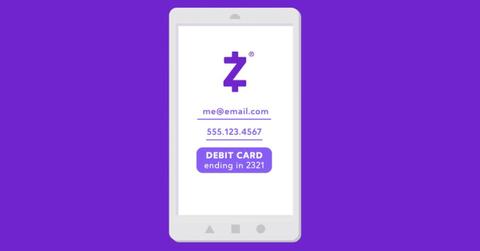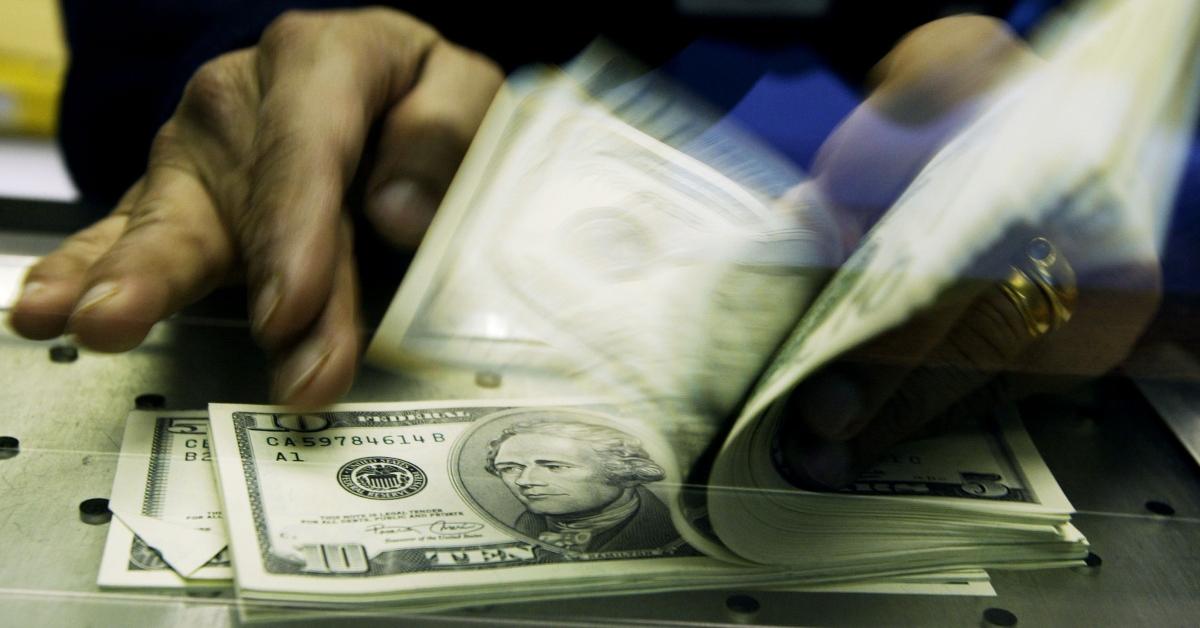Beware of the Zelle Scam— Getting Your Money Back Maybe Tricky
The scammers are at it again. What happens if you fall for it? How can you get money back from Zelle if you get scammed? Be careful because you might not get the money back.
Nov. 29 2022, Updated 2:41 p.m. ET

If you get a fraud alert text from your bank saying that an unauthorized payment is being made from your Zelle account, beware. The scammers are at it again. What happens if you fall for it? How can you get money back from Zelle if scammed?
It's important for people to be aware that the Zelle scam exists. Although you can try to get your money back, success isn't guaranteed. Learn how to recognize and avoid the Zelle scam.
Here’s How to Recognize a Scam
First, it's important to recognize a scam before it occurs. In the Zelle scam, the victim receives what looks like a fraud alert from their bank. The alert says that a suspicious payment through Zelle is being withdrawn from their account, and it asks the victim to verify the transfer.

Once you respond “no,” the scammers will call you and ask you to verify your identity by giving them your username. These days it’s easy for scammers to “spoof” bank phone numbers, so it appears that the call is actually coming from your bank.
After they get your username and other information, the scammers will tell you they are texting you a one-time code and a notification from Zelle about the transfer.
“What the fraudster is actually doing is walking the victim through the process to reset the victim’s account password. Once the password has been reset, the fraudster can empty the victim’s bank account in a matter of minutes,” the Pennsylvania State Police states in a Community Awareness Bulletin released last month.
One New York woman was scammed out of over $1,375, while others across the country have lost much more.
"I was sick to my stomach," scam victim Barbara Zyhajlo told New York’s WABC television. "He was just so professional and made it seem like it was Bank of America calling."
How to Get Your Money Back From Zelle if Scammed
According to Zelle’s website, the payment application is “unable to assist with getting your money back” if you are a victim of a scam. Unlike fraud, where someone gains access to your account without your permission, the scammers persuade you into giving them permission.
Because you authorized the payment, you might not be able to get your money back,” the Zelle website states.
However, the app says that it will report the information to your bank or credit union. Zelle encourages victims to report the scam to their financial institution and the FBI Internet Crime Complaint Center.
Law enforcement officials urge victims to report the scam to their local police department. A police report can be critical to your bank’s investigation into the incident.
Banks that use the Zelle application, like JPMorgan Chase & Co., Wells Fargo & Co., and Bank of America Corp., are looking to help reimburse scammed Zelle customers by creating policies dedicated to refunding customers for illegitimate transactions. This would help strengthen Zelle's security and customers' trust in the banking app.
Although banks are required to refund customers for unauthorized transactions, there aren't set protections for customers who are tricked into sending their own money. Lawmakers like Massuchettes Democratic Sen. Elizabeth Warren are also working to push banks to help victims of this kind of fraud.
Safety Tips for Using Payment Applications Like Zelle
When using peer-to-peer payment applications like Zelle, Venmo, and PayPal, the Pennsylvania State Police recommends users take the following steps to prevent them from becoming victims of fraud:
- Become familiar with your peer-to-peer payment app’s policies related to fraud protection.
- Learn how to use your institution’s mobile app and disable features you don't intend to use. Ask someone at your financial institution for help if needed.
- Learn to recognize your financial institution’s fraud notifications and what you should do if you receive one.
- Read text messages closely and ignore those from institutions where you don’t have accounts or that don’t make sense.
- If you receive a telephone call from someone claiming to be from your financial institution, hang up and call them back at a phone number you know is valid. You can find the number online or in their mobile app.
- Login information, like usernames, passwords, and any one-time codes or other authentication information, is confidential and shouldn't be shared with anyone, including anyone from your financial institution. No one from your financial institution will ever ask you for your login information.
